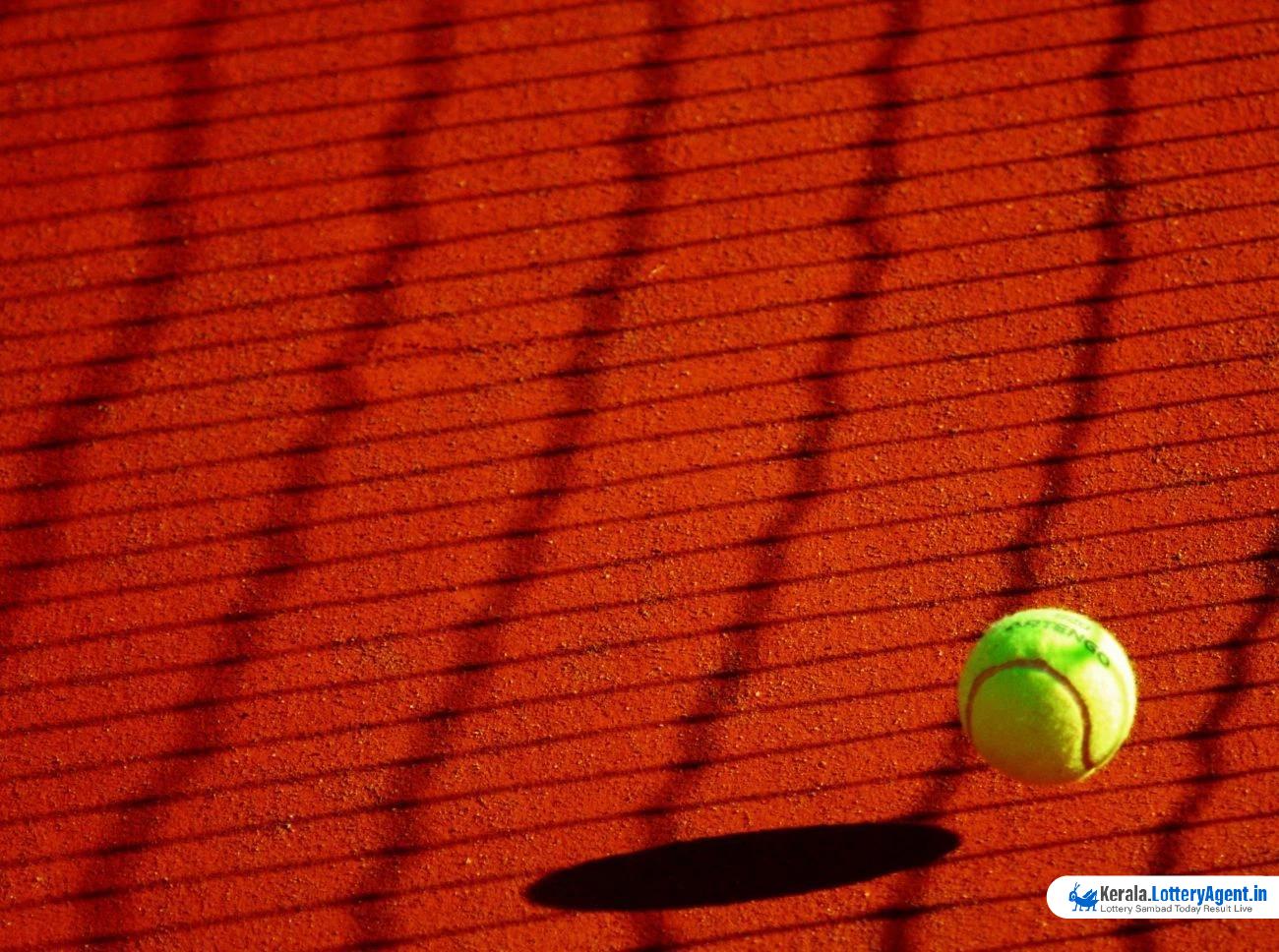
In a significant move to maintain the integrity of tennis, the International Tennis Integrity Agency (ITIA) has delivered a severe blow to corruption within the sport. Alejandro Mendoza Crespo has received the harshest punishment possible: a lifetime ban from all tennis activities for being found guilty of 20 offenses. On a related note, Jorge Panta Herreros has been slapped with a three-year suspension due to his involvement in four violations. These penalties are a clear testament to the sport’s ongoing battle against corruption.
The sanctions were imparted by none other than independent anti-corruption hearing officer Professor Richard McLaren, known for his unyielding approach to fairness and justice in sports. His decision came after a comprehensive hearing that took place in early March. With the suspensions taking effect from the 4th of April, both players find their careers in dire straits.
The repercussions for the condemned players are substantial. Along with a career-halting ban, Mendoza has been fined a quarter of a million dollars, a sum reflective of the severity of his actions. Panta faces a $10,000 fine, another indication of the financial repercussions of breaches in sporting conduct. They are barred from participation in any capacity — be it playing, coaching, or merely attending — at events organized by members of the ITIA, which include renowned bodies like the ATP and WTA.
The genesis of these suspensions is deeply connected to a recent criminal case in Belgium that has shone a harsh spotlight on the corrosive influence of match-fixing in tennis. This case saw the syndicate leader, Grigor Sargsyan, sentenced to five years behind bars, a decision that reverberated through the tennis community.
The ITIA’s stringent actions did not end there. In November, following the outcome of the Sargsyan case, a further seven players were banned for periods ranging from a few months to several years after they were found to have contravened the principles laid out under the Tennis Anti-Corruption Programme (TACP). Among those sanctioned were players such as Alec Witmeur, Arnaud Graisse, and Arthur de Greef, to name just a few.
This year alone has witnessed additional bans in connection with the Belgium case. French player Leny Mitjana received a decade-long ban for corrupt activities, while Anis Ghorbel was prohibited from the sport for three years for match-fixing. Altogether, the fates of 24 players and officials have been sealed due to their connections with the case in Belgium, painting a grim picture of the sport’s vulnerabilities.
In line with these developments, the International Betting Integrity Association (IBIA) presented its ‘Integrity Report’ for the first quarter of the year. The report highlights an unsettling uptick in alerts related to suspicious betting activities – a total of 56, marking a 12% increase from the first quarter of 2023. This figure also showcases a considerable 64.7% rise from the final quarter of last year.
Tennis, in particular, faced 14 alerts during this period, a slight increase from the 12 reported the previous year, signaling that the challenge of safeguarding the sport’s integrity is an ongoing one.
The stern actions taken by the ITIA and the spotlight cast by the IBIA on potential corruption emphasize a collective effort to root out malpractice in tennis. With lifetime bans, hefty fines, and rigorous scrutiny, the message is clear: corruption has no place in tennis, and the guardians of the sport are watching, ready to enforce the rules of fair play without compromise.












